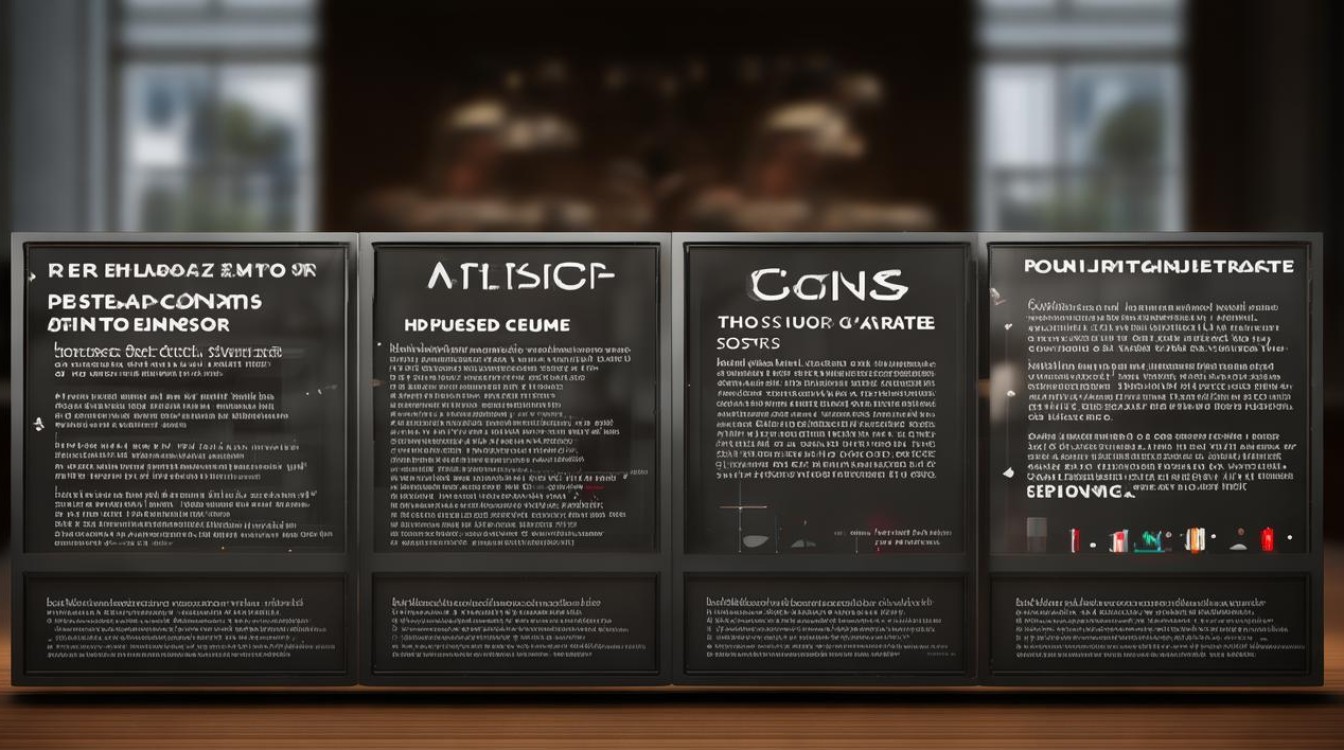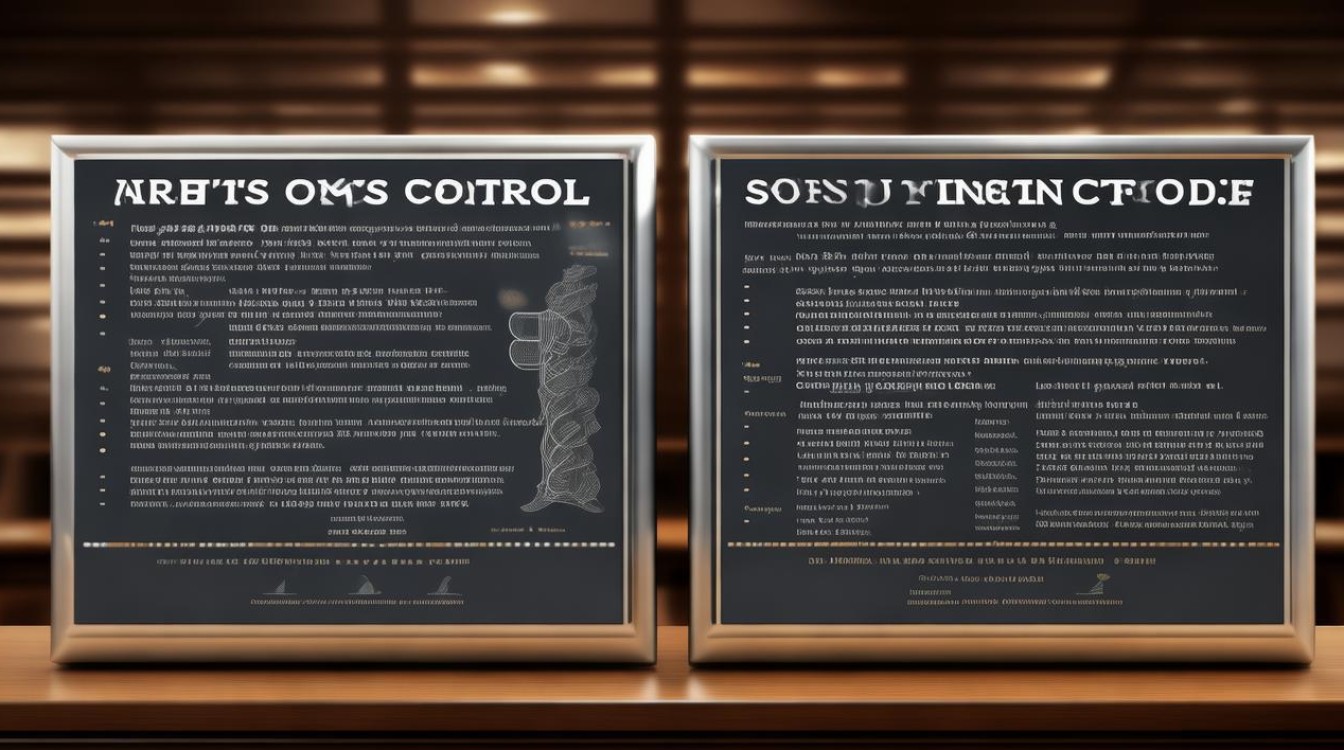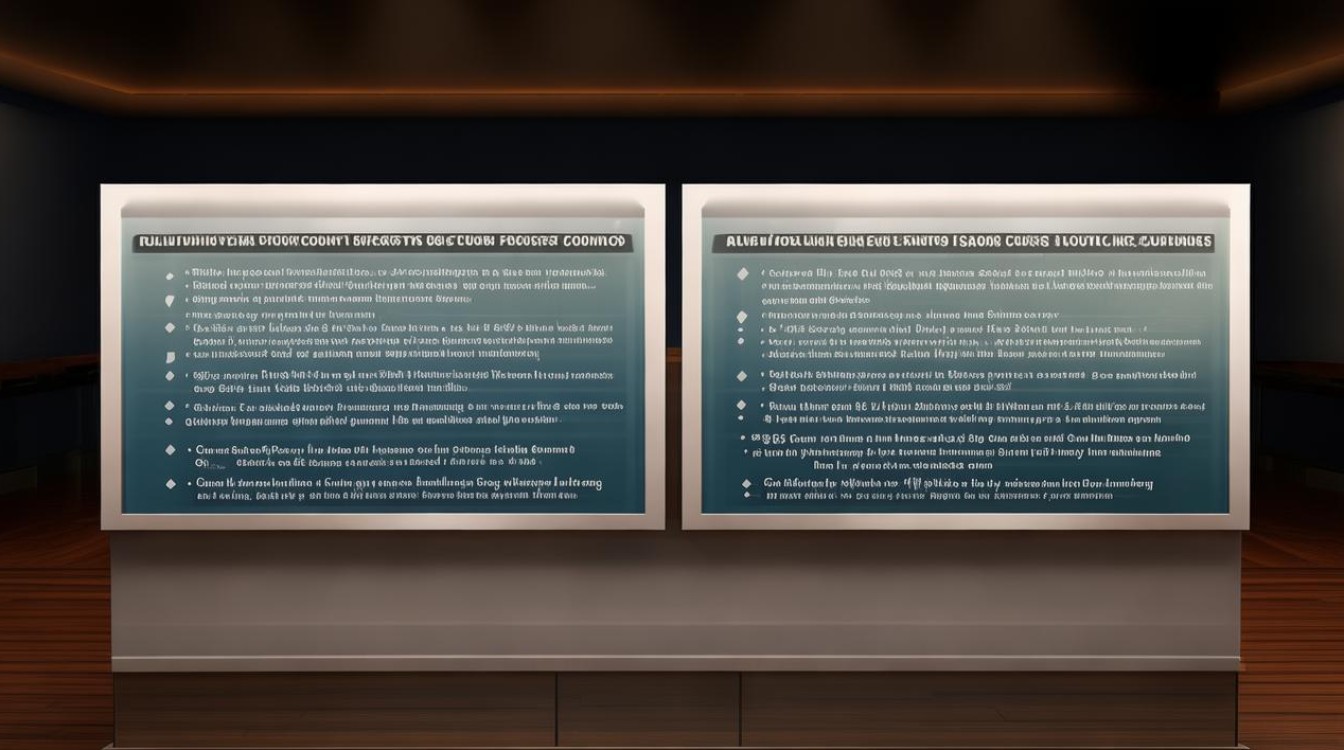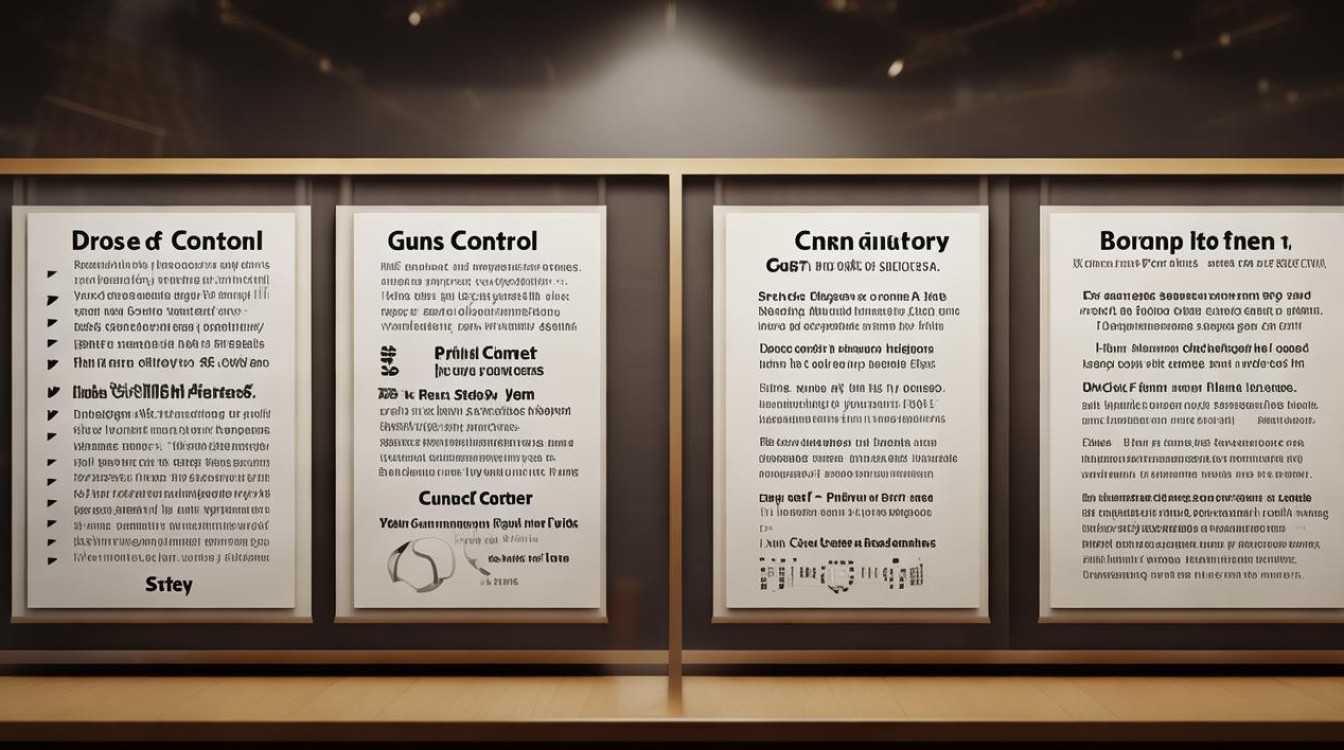Gun control remains one of the most debated topics worldwide, particularly in countries where firearm ownership is deeply ingrained in culture and law. The discussion involves complex arguments about safety, freedom, and government oversight. This article examines the advantages and disadvantages of gun control policies to provide a well-rounded understanding of the issue.

The Benefits of Gun Control
Reduction in Gun-Related Violence
Stricter gun laws correlate with lower rates of firearm-related deaths. Countries with rigorous background checks, waiting periods, and bans on certain weapons often experience fewer mass shootings and homicides. Research from nations like Australia and Japan, where gun ownership is highly restricted, shows significantly lower gun violence compared to the United States.
Prevention of Accidental Shootings
Many firearm incidents occur due to mishandling, particularly in households with children. Safe storage laws and mandatory training can reduce accidental discharges. Studies indicate that proper gun safety education and secure storage requirements decrease unintentional injuries and deaths.
Lower Suicide Rates
Firearms are the most lethal means of suicide, with a high fatality rate compared to other methods. Limiting access to guns can prevent impulsive suicide attempts. Data from regions with strict gun laws suggests that suicide rates decline when firearms are less accessible.

Reduced Illegal Gun Trafficking
Stronger regulations make it harder for criminals to obtain firearms illegally. Background checks and tracking systems help law enforcement identify and stop illegal gun sales. Countries with centralized gun registries report fewer weapons entering the black market.
The Drawbacks of Gun Control
Infringement on Personal Freedom
Many argue that gun ownership is a fundamental right, particularly in nations where self-defense is a legal justification. Restrictive laws may be seen as government overreach, limiting an individual’s ability to protect themselves.
Potential Disarmament of Law-Abiding Citizens
Strict gun control may disproportionately affect responsible owners rather than criminals. If only law-abiding citizens surrender their weapons, they could become more vulnerable to armed criminals who obtain firearms illegally.

Ineffectiveness Against Determined Criminals
Criminals often bypass legal channels to acquire firearms. Black markets and smuggling operations thrive in regions with strict gun laws, meaning restrictions may not always prevent violent crime.
Delayed Self-Defense Response
In areas with high crime rates, immediate access to firearms can be crucial for personal safety. Waiting periods or bans might leave individuals defenseless during emergencies.
Balancing Safety and Rights
The debate over gun control is not about choosing between absolute freedom or total restriction. A balanced approach considers both public safety and individual rights. Policies such as universal background checks, mental health screenings, and safe storage requirements may offer a middle ground.

Public opinion varies widely, and any effective solution must account for cultural, legal, and social differences. While some nations benefit from strict regulations, others may require alternative strategies to reduce violence without infringing on constitutional rights.
Gun control remains a polarizing issue, but informed discussions can lead to policies that protect lives while respecting personal freedoms. The key lies in finding solutions that address the root causes of violence rather than merely restricting access to firearms.

